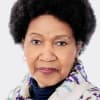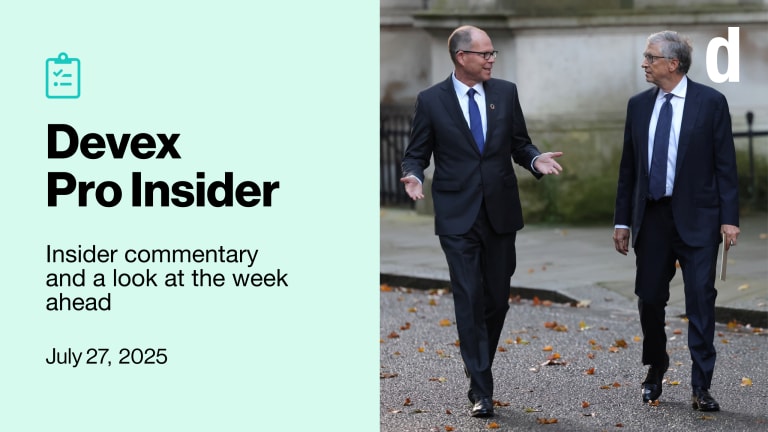Our sector has long been on the defensive, fighting to hold the line while the rights of girls and women are relentlessly attacked. It’s easy to understand why.
In the past three years alone, we’ve seen gender apartheid in Afghanistan that erased two decades of progress. We’ve watched genocide and crimes against humanity unfold in Gaza with girls and women bearing the brunt, met with silence and complicity from many global leaders. In Sudan, girls and women endure the horrors of sexual violence as war’s currency. Now, Donald Trump’s return looms, promising a resurgence of regressive policies that will harm girls and women everywhere.
Democracy is faltering, bodily autonomy is under siege, and the future of our planet is at risk. But here’s what I know: if there’s one thing that can transform global development in 2025, it’s our ability to dream bigger.








